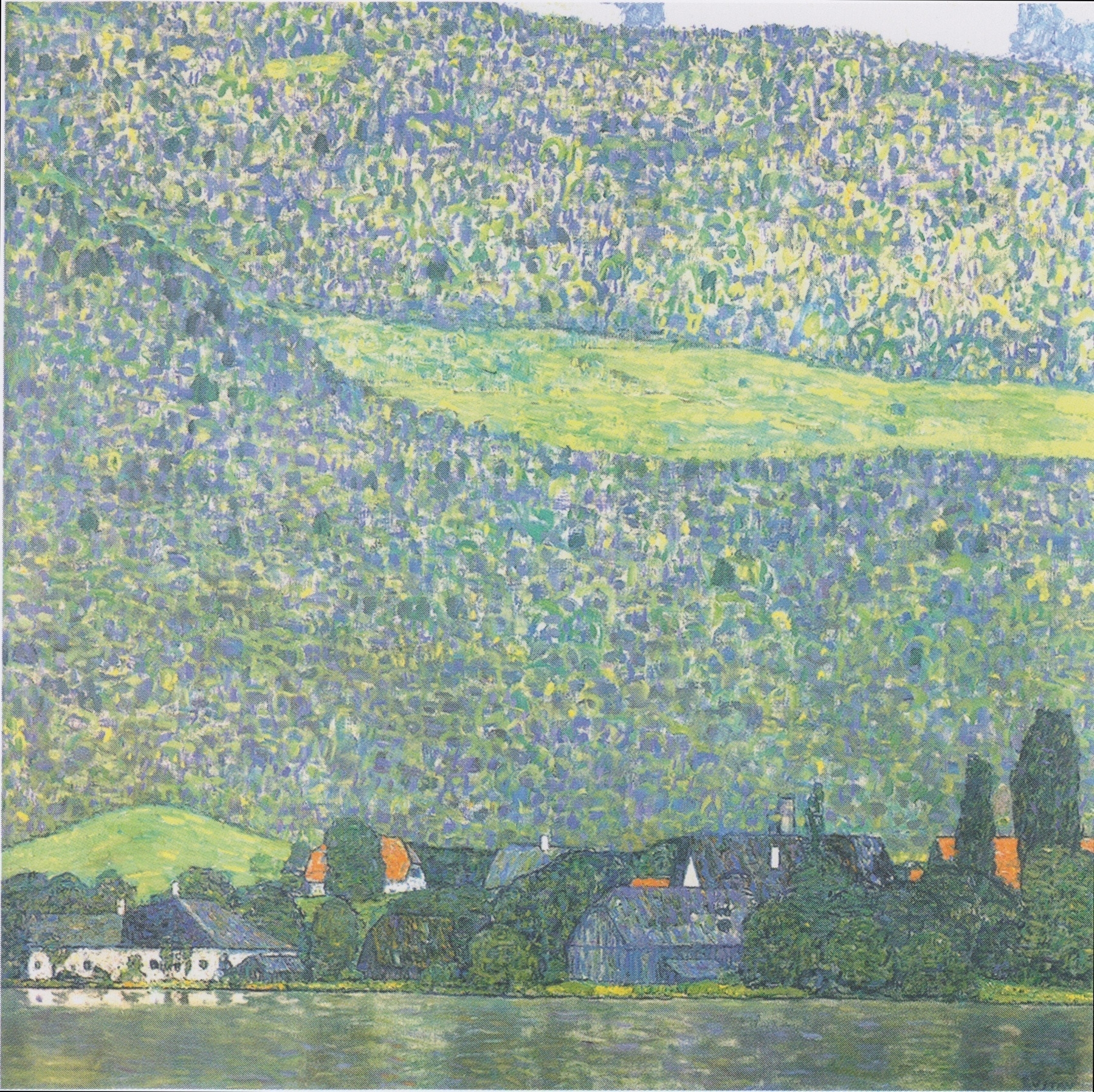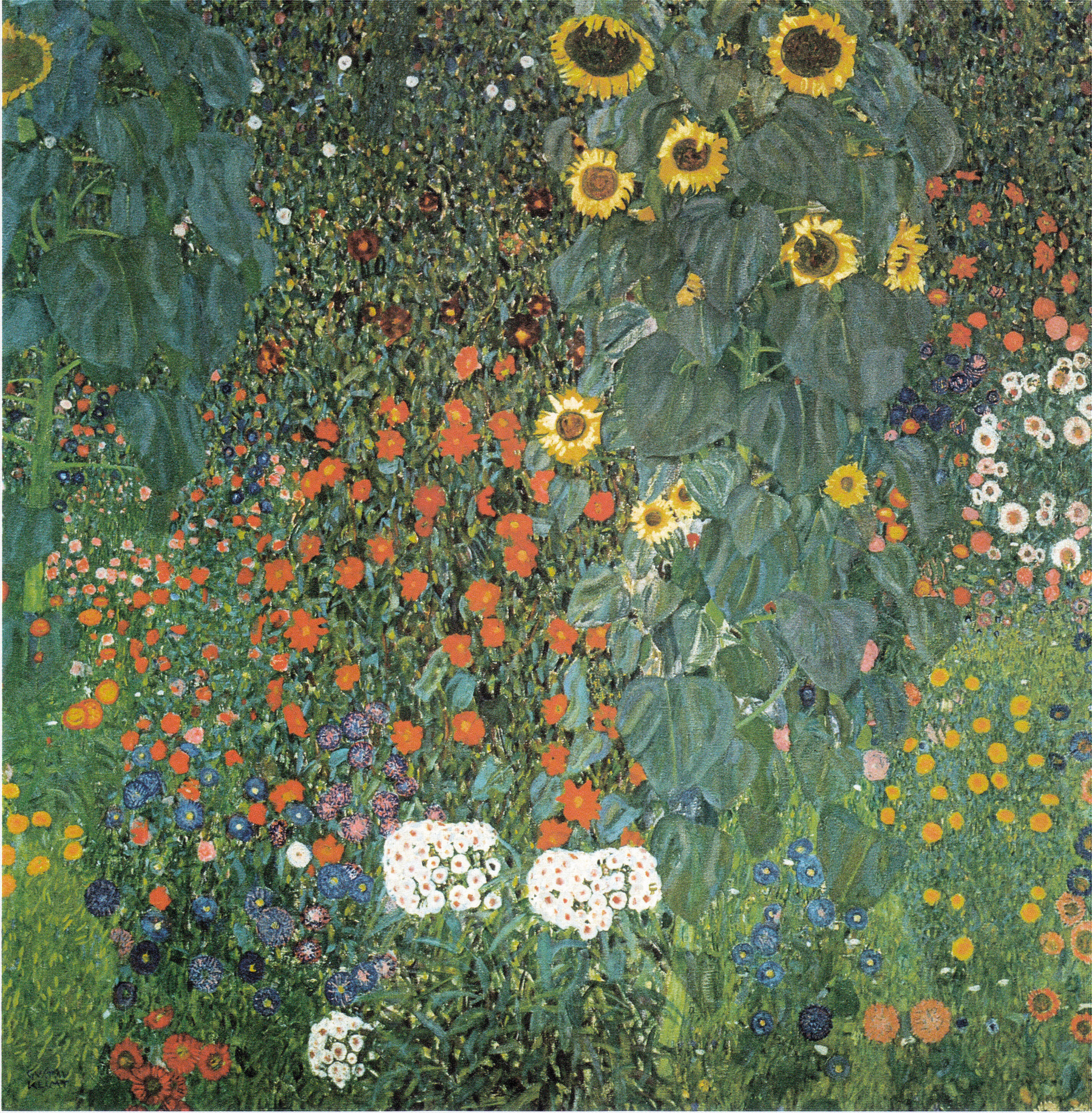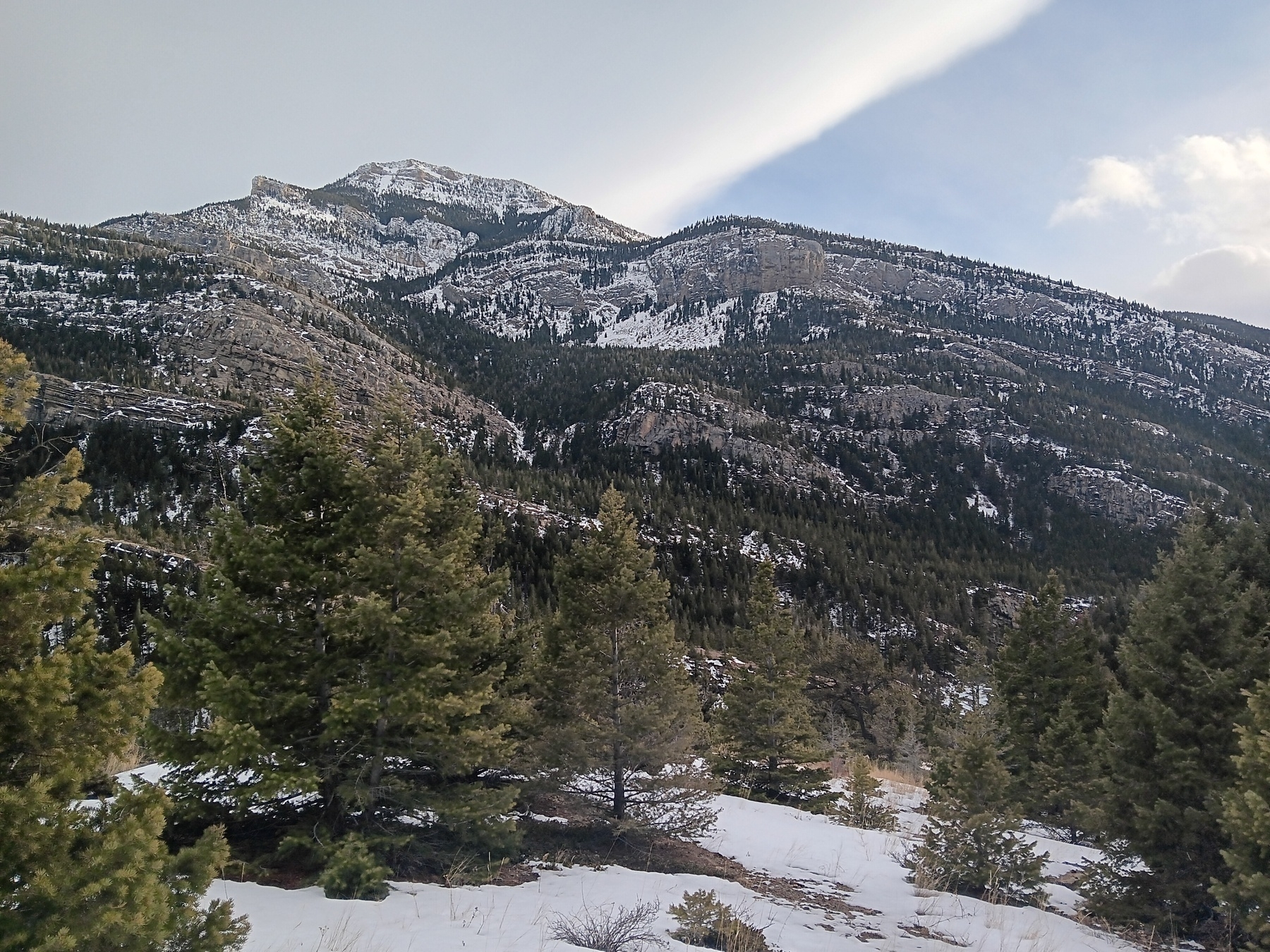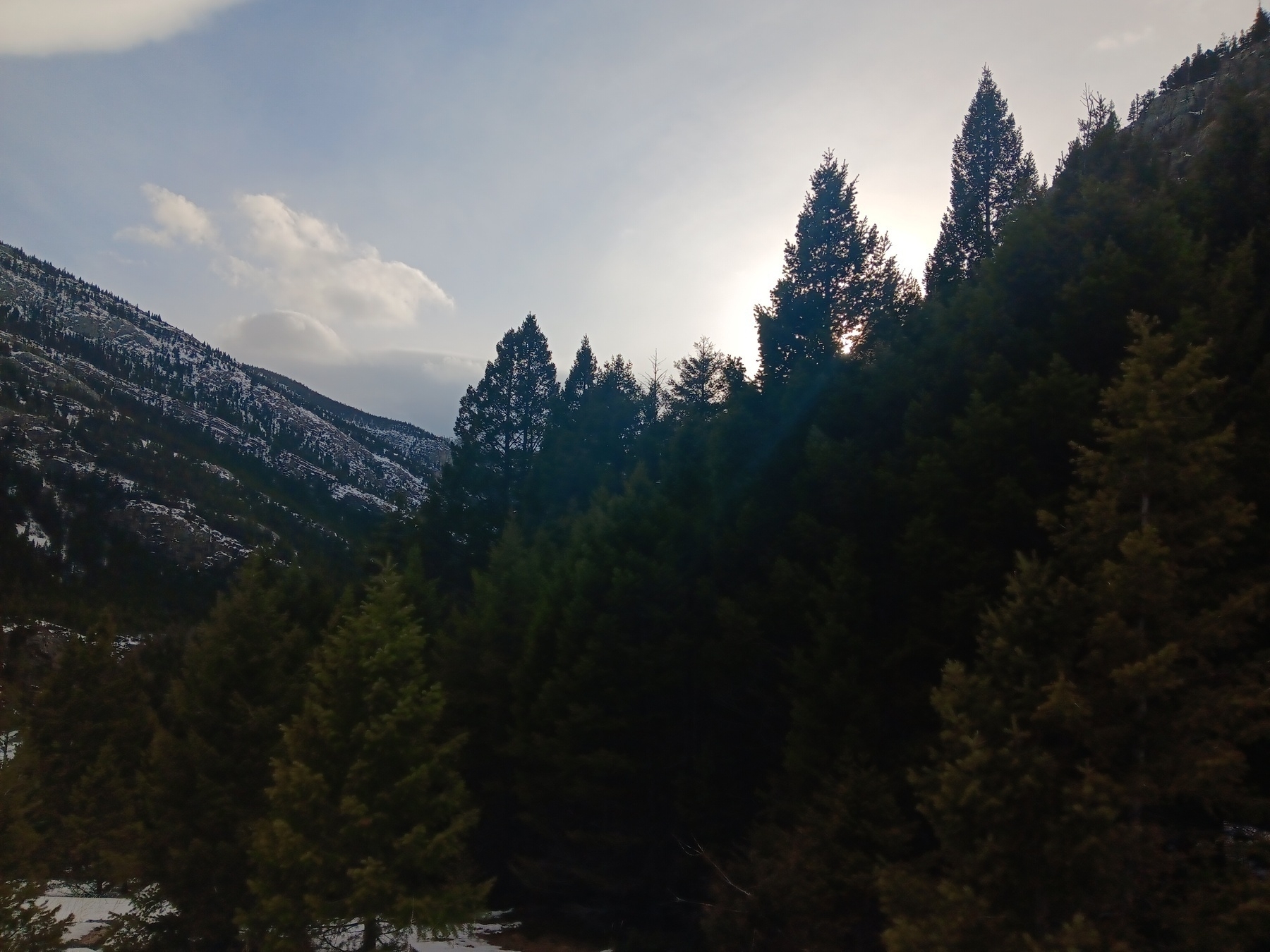



















C. S. Lewis, in response to those who find modern Bible translations unsavory:
The only kind of sanctity which Scripture can lose (or, at least, New Testament scripture) by being modernized is an accidental kind which it never had for its writers or its earliest readers. The New Testament in the original Greek is not a work of literary art: it is not written in a solemn, ecclesiastical language, it is written in the sort of Greek which was spoken over the Eastern Mediterranean after Greek had become an international language and therefore lost its real beauty and subtlety. In it we see Greek used by people who have no real feeling for Greek words because Greek words are not the words they spoke when they were children. It is a sort of ‘basic’ Greek; a language without roots in the soil, a utilitarian, commercial and administrative language. Does this shock us? It ought not to, except as the Incarnation itself ought to shock us. The same divine humility which decreed that God should become a baby at a peasant-woman’s breast, and later an arrested field-preacher in the hands of the Roman police, decreed also that He should be preached in a vulgar, prosaic and unliterary language. If you can stomach the one, you can stomach the other. The Incarnation is in that sense an irreverent doctrine: Christianity, in that sense, an incurably irreverent religion. When we expect that it should have come before the World in all the beauty that we now feel in the Authorised Version we are as wide of the mark as the Jews were in expecting that the Messiah would come as a great earthly King. The real sanctity, the real beauty and sublimity of the New Testament (as of Christ’s life) are of a different sort: miles deeper or further in.
Kirche in Cassone (1913) by Gustav Klimt:

Litzlberg on the Attersee (c. 1910-1912) by Gustav Klimt:

Houses at Unterach am Attensee (1916) by Gustav Klimt:

Avenue in the Park of Schloss Kammer (1912) by Gustav Klimt:

Farm Garden with Sunflowers (1907) by Gustav Klimt:

Watched the first episode of Kenneth Clark’s thirteen-part documentary series Civilisation (1969). Eager for more…

Listening to Joan Shelley’s self-titled LP (2017) at the recommendation of a friend. I don’t recall the last time I gave such undivided attention to an entire album.












